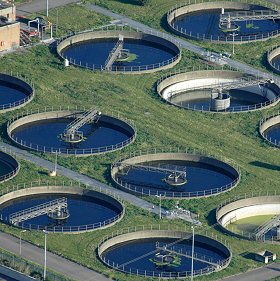
Environmental and human health concerns about the endocrine disrupting antimicrobials triclosan (TCS) and triclocarban (TCC) may get some traction thanks to a new study, appearing in Environmental Science & Technology, by researchers at Arizona State University. Researcher Rolf Halden, executing a deft feat of environmental detective work, has traced back these active ingredients of soaps – used as long ago as the 1960s – to their current location, the shallow sediments of New York City’s Jamaica Bay and the Chesapeake Bay.
“Our group has shown that antimicrobial ingredients used a half a century ago, by our parents and grandparents, are still present today at parts-per-million concentrations in estuarine sediments underlying the brackish waters into which New York City and Baltimore discharge their treated domestic wastewater,” said Halden. “This extreme environmental persistence by itself is a concern, and it is only amplified by recent studies that show both triclosan and triclocarban to function as endocrine disruptors in mammalian cell cultures and in animal models.”
In the Chesapeake Bay samples, Halden noticed a significant drop in TCC levels that corresponded to a technology upgrade in the nearby wastewater treatment plant in 1978. However, earlier work by Halden’s team had shown that enhanced removal of TCC and TCS in wastewater treatment plants leads to accumulation of the problematic antimicrobial substances in municipal sludge that is often applied to agricultural land. “Little is actually degraded during wastewater treatment and more information is needed regarding the long term consequences these chemicals may have on environmentally beneficial [soil dwelling] microorganisms,” noted co-researcher Todd Miller.
On the bright side, the team also discovered a new pathway for the breakdown of antimicrobials. Deep in the muddy sediments of the Chesapeake Bay, they found evidence for the activity of anaerobic microorganisms that assist in the decontamination of their habitat by pulling chlorine atoms one-by-one off the carbon backbone of triclocarban, presumably while obtaining energy for their metabolism in the process. “This is good news,” said Halden, “but unfortunately the process does not occur in all locations and furthermore it is quite slow. If we continue to use persistent antimicrobial compounds at the current rate, we are outpacing nature’s ability to decompose these problematic compounds.”
Halden believes that there is a simple solution for minimizing these persistent pollutants: limit the use of antimicrobial personal care products to situations where they improve public health and save lives. “The irony is that these compounds have no measurable benefit over the use of regular soap and water for hand washing; the contact time simply is too short,” he said, adding that the same cannot be said for bottom-dwelling marine creatures. “Here, the affected organisms are experiencing multi-generational, life-time exposures to our chemical follies.”
Related:
Waterways Awash With Anti-Bacterial Chemical
Environmental Factors Damaging Men’s Reproductive Health
Hormones Gone Wild
POP Goes The Planet
Nanoparticle Laced Wastewater Could Compromise Treatment Plants



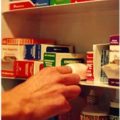






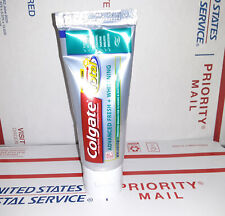
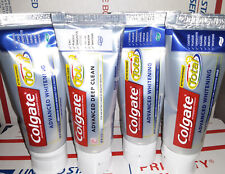
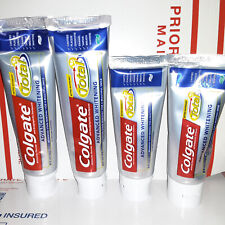
Comments are closed.